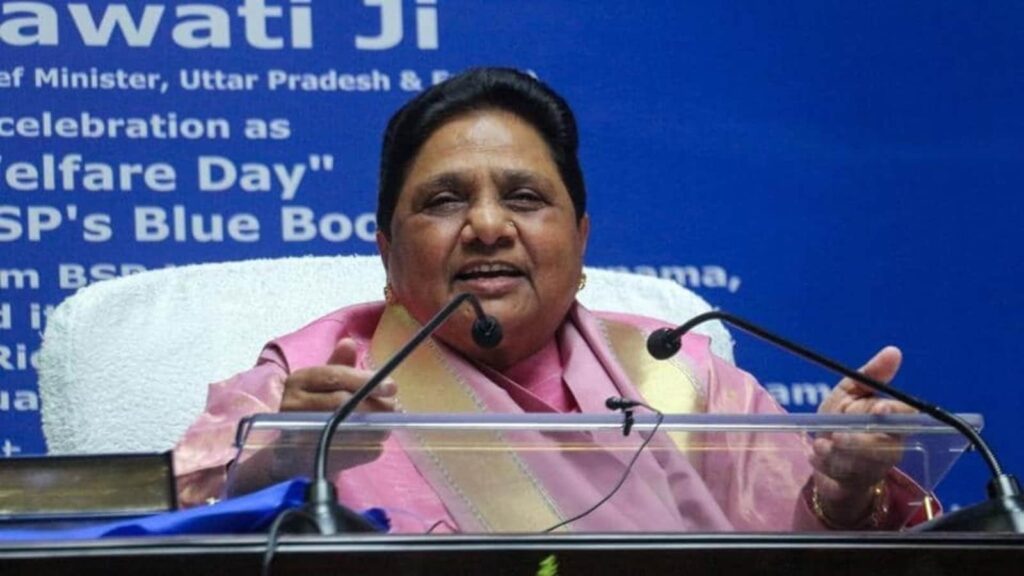The Bahujan Samaj Party (BSP) prefers to play by its own rules rather than flow with the tide. As a party that seeks to challenge the social and political order, its solo act has fetched decent returns in the past. So, it should not surprise anyone that the BSP wants to contest the 2024 election on its own. On Monday, party chief Mayawati said that the BSP will contest the Lok Sabha (LS) elections “alone” and that “we will maintain a distance from those who are casteist and believe in communalism”.
Interestingly, the BSP has taken this decision when all other parties are investing in coalitions; even the BJP, despite its electoral record and organisational muscle, is willing to accommodate allies. So, why has Mayawati decided to be different? There seem to be two reasons: One, the party does not benefit from alliances as allies do not transfer their votes to BSP’s candidates; two, the party stands a chance of doing well if it projects itself as an alternative to others. Mayawati’s reference to the party’s 2006 performance in UP is significant — that’s the year the party won a simple majority in the state assembly, by offering itself as a sarvajan platform of backward communities, Dalits, tribals, Muslims and Brahmins.
However, her theory of vote transfer is only partially correct. For instance, the 10 LS seats the BSP won from UP in the 2019 general elections could not have been possible in the absence of an alliance with the SP and Rashtriya Lok Dal. In 2014, the party won just one seat and in the 2022 UP assembly polls, the BSP contested 399 seats to finish with one MLA. The fact is UP — and India — has changed. So has the BSP, which is hardly the bahujan or sarvajan outfit it was two decades ago. The party will be in play in a post-poll scenario only if it has the numbers to make a difference. Mayawati should realise that.
Continue reading with HT Premium Subscription
Daily E Paper I Premium Articles I Brunch E Magazine I Daily Infographics


